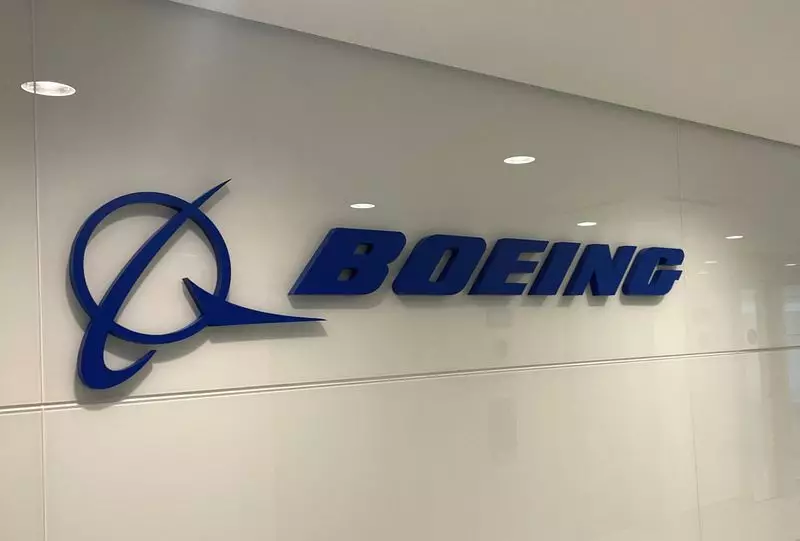Boeing’s decision to donate $1 million to the inauguration of President-elect Donald Trump has elicited various interpretations, raising questions about corporate influence in politics. This donation aligns Boeing with a growing list of prominent American corporations making substantial contributions to the inauguration. Other organizations, including General Motors, Ford, Microsoft, and Meta, have similarly pledged their financial support for the event set to occur on January 20. Such actions reflect a trend in which businesses strategically align themselves with power through financial contributions, attempting to secure favorable policies and ensure continuity in business interests.
Boeing’s act of contributing to presidential inaugural events is not unprecedented; the planemaker has consistently donated $1 million to the previous three inaugurations, including Trump’s first in 2017. This pattern indicates a broader strategy among corporations aiming to establish and maintain relationships with political leaders. By positioning themselves as supporters of major events like presidential inaugurations, companies like Boeing appear to seek opportunities for visibility and influence – potentially affecting future legislation and regulatory decisions that impact their operations.
Boeing’s financial landscape, however, is complex and tumultuous. The company has grappled with significant losses, reportedly exceeding $2 billion, linked to challenges with delivering two new Air Force One aircraft. The intricacies of this contract became a focal point during Trump’s presidency when he famously imposed a budget cap on the project, insisting that the cost should not surpass $4 billion. This series of financial setbacks could inadvertently pressure Boeing to enhance its political contributions as a means of securing governmental favor during a time when the company is under intense scrutiny.
Additionally, Boeing’s operational issues have resulted in heightened oversight by the Federal Aviation Administration (FAA). Recent events, including a serious incident involving a malfunction related to the new 737 MAX 9 aircraft, have compounded the company’s challenges. As the aviation landscape continues to evolve in light of technological advancements and safety standards, the company must navigate regulatory frameworks with greater care. In this context, an infusion of political goodwill through donations may also be perceived as an effort to foster a more favorable regulatory environment.
With Sean Duffy nominated to lead the Transportation Department, the aviation industry is poised for close scrutiny, particularly regarding safety and regulatory compliance. The Senate Commerce Committee will evaluate Duffy’s nomination, a process that underscores the significance of Boeing’s corporate contributions in shaping the dialogue surrounding the aviation sector. As industries adjust to new leadership, donations like Boeing’s may represent both an opportunity for influence and a safeguard against potential regulatory backlash.
Boeing’s $1 million donation to President-elect Trump’s inauguration underscores a significant interplay between corporate finance and political engagement. As the company navigates financial hurdles and regulatory pressures, its philanthropic endeavors may be a strategic maneuver in an increasingly complex political landscape.

